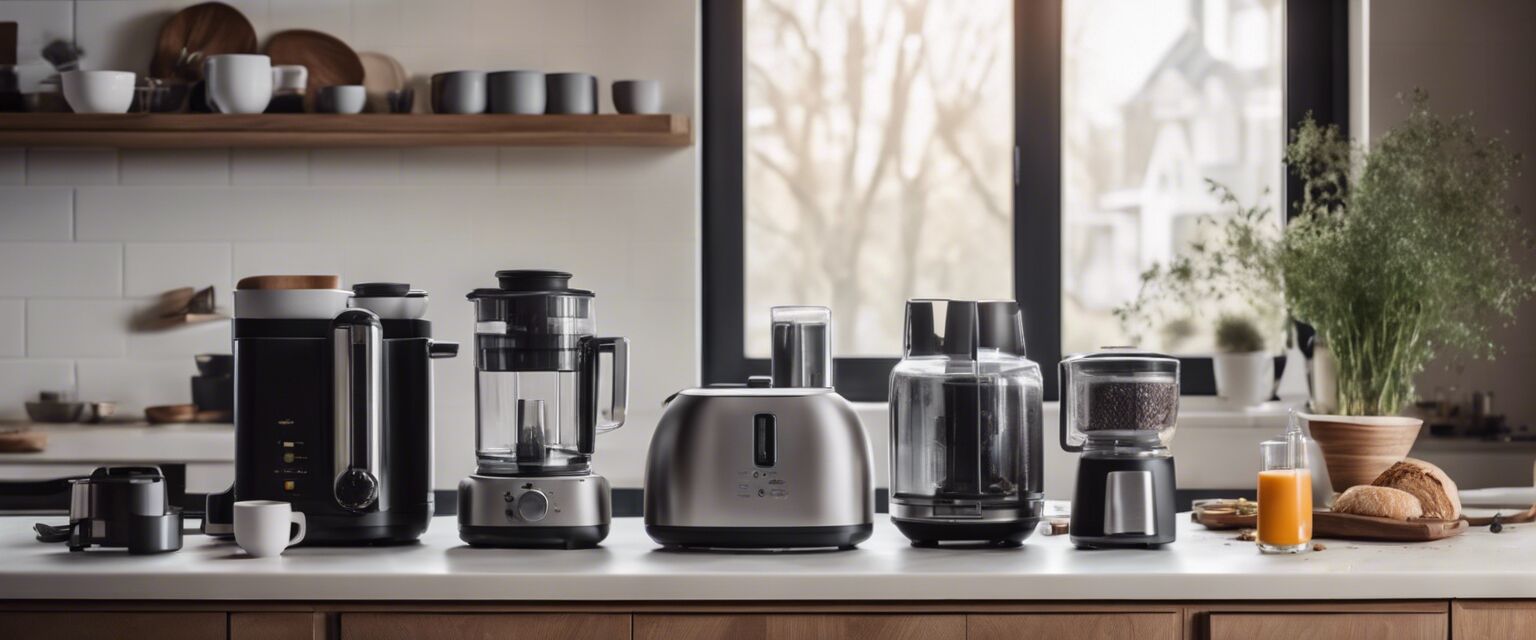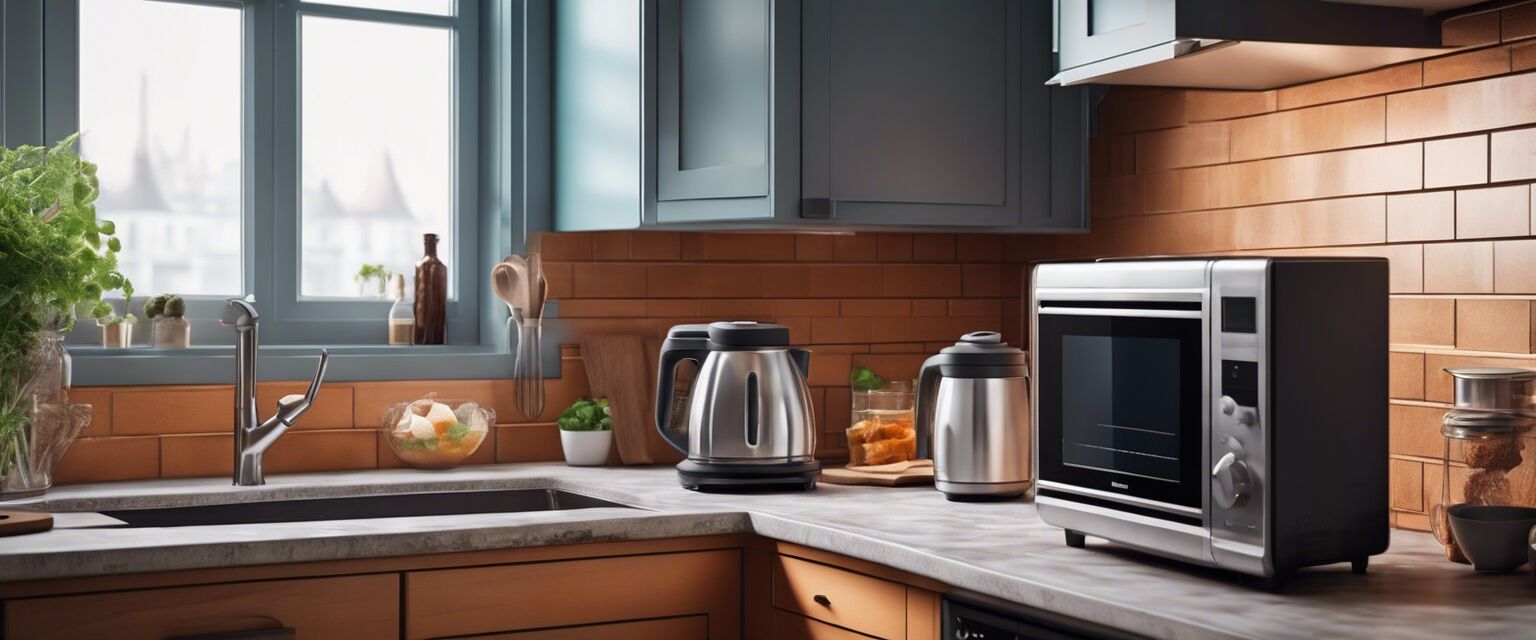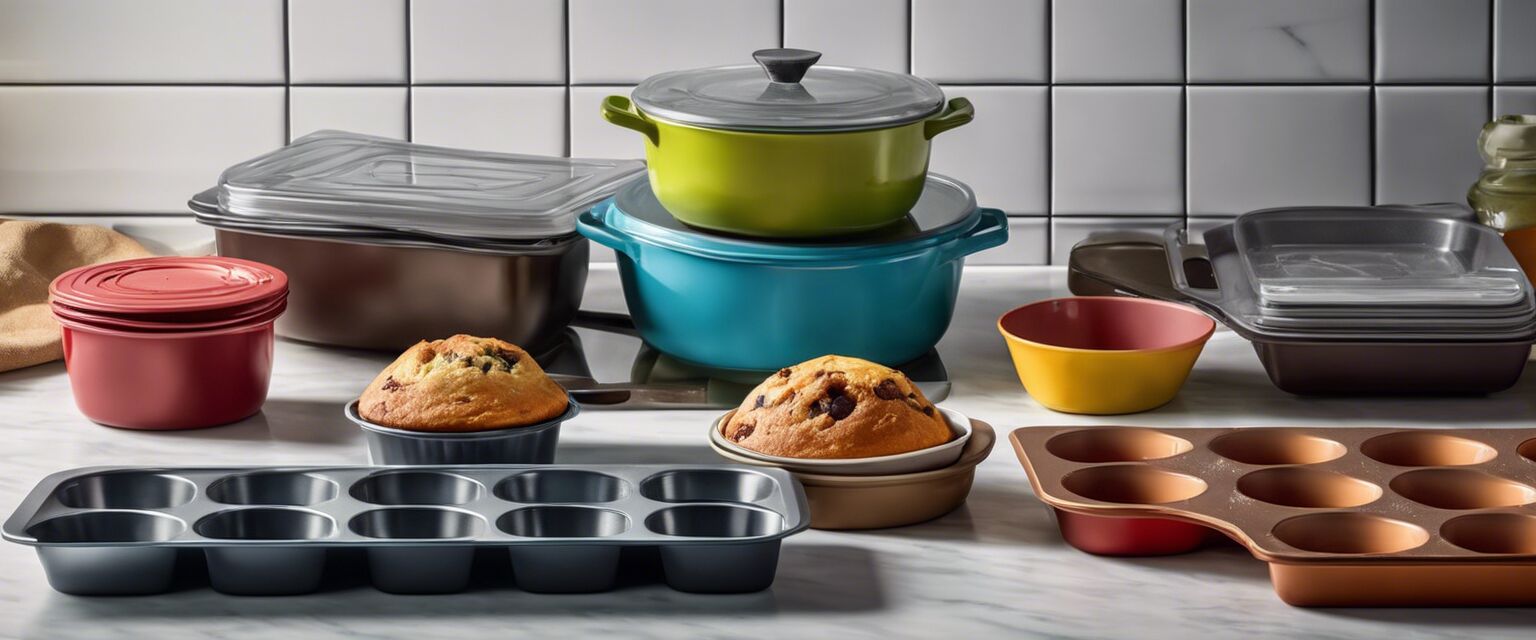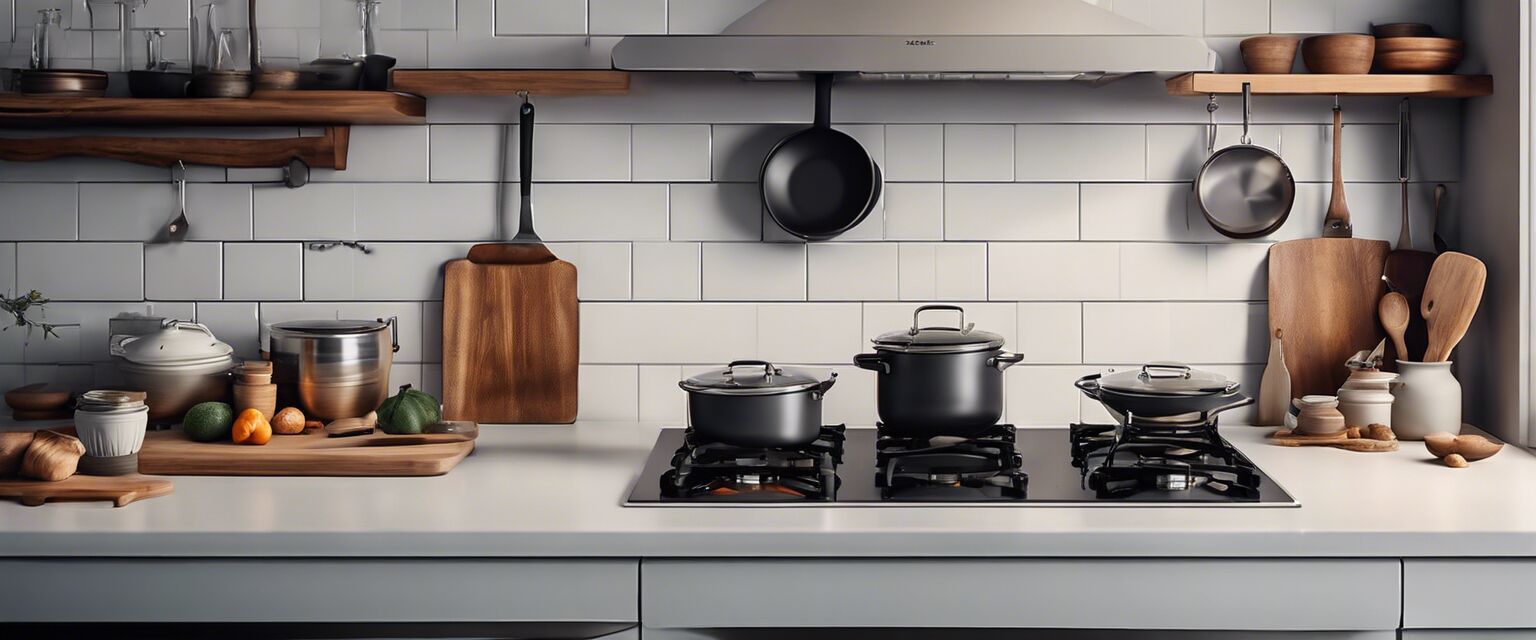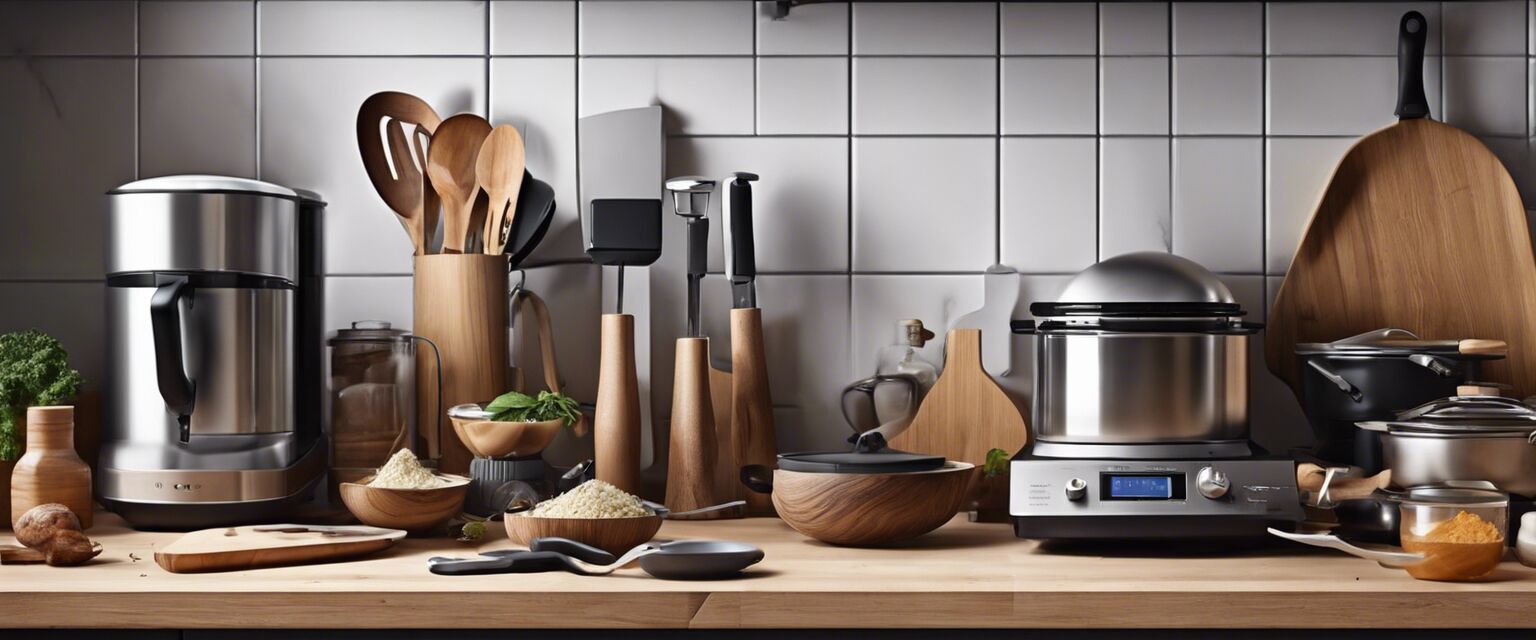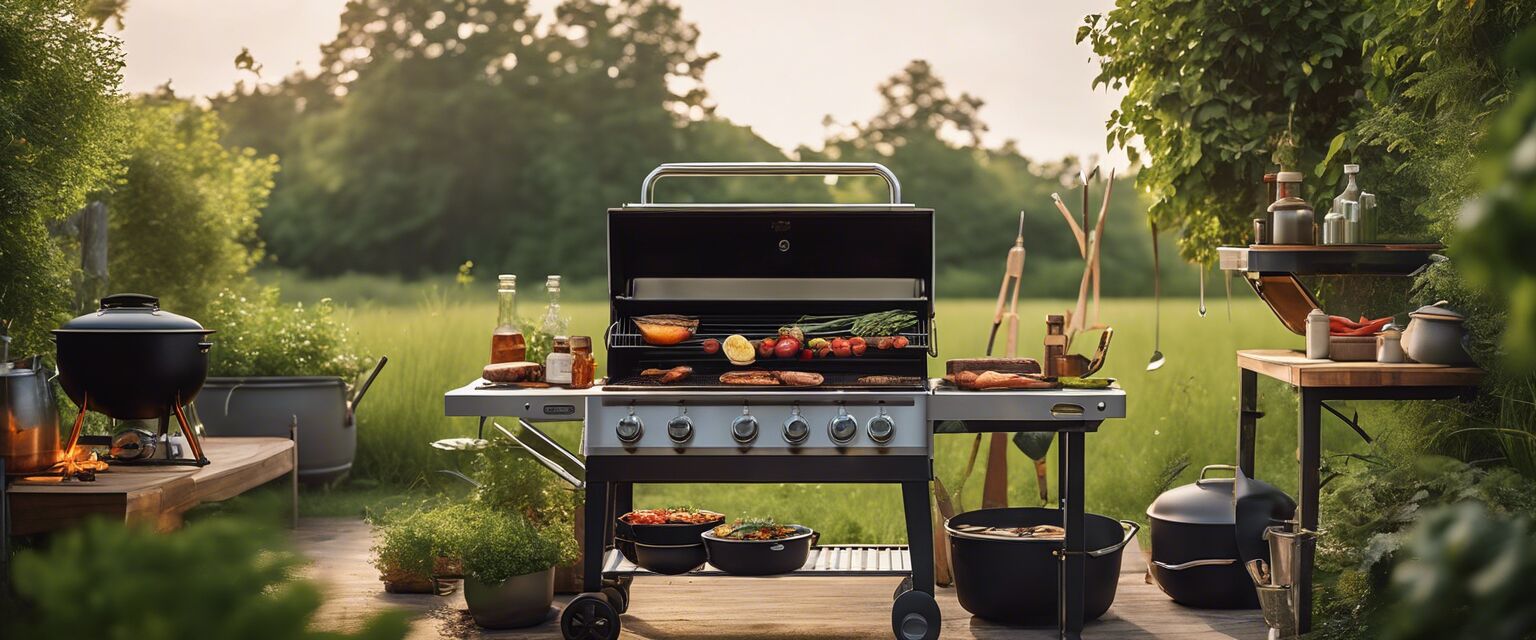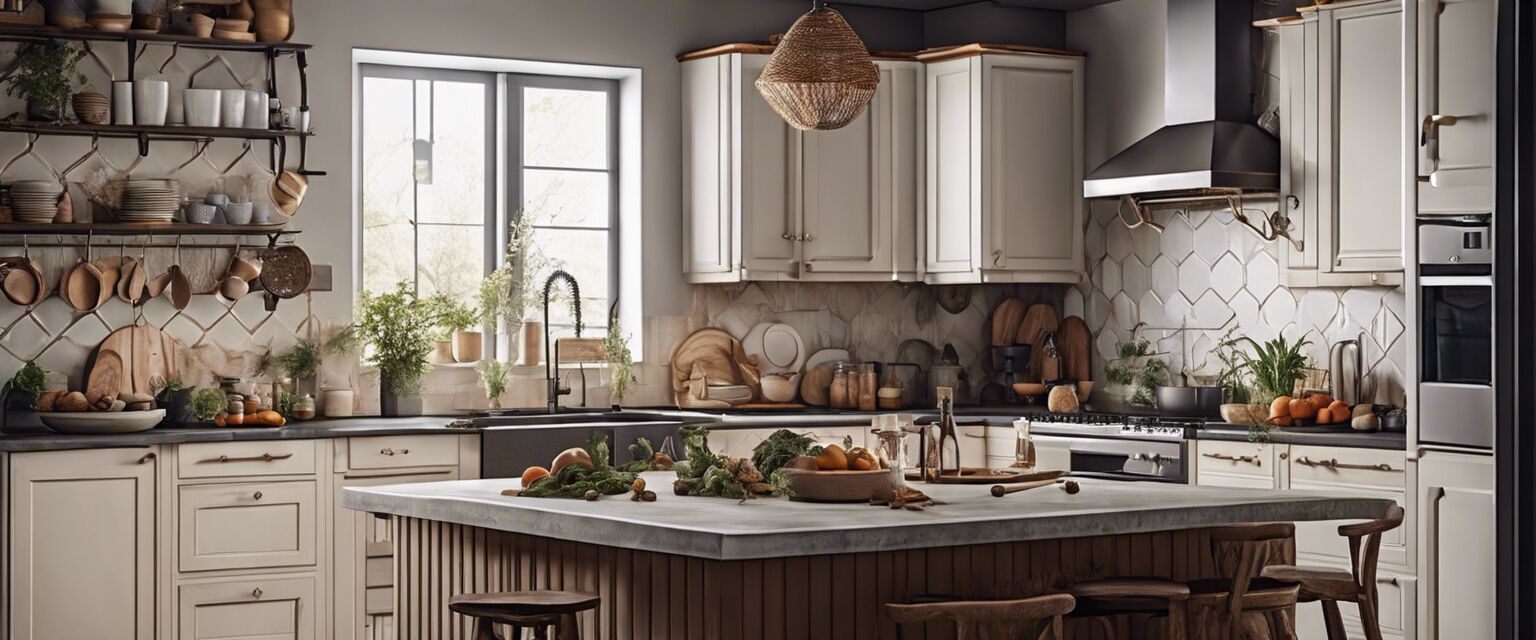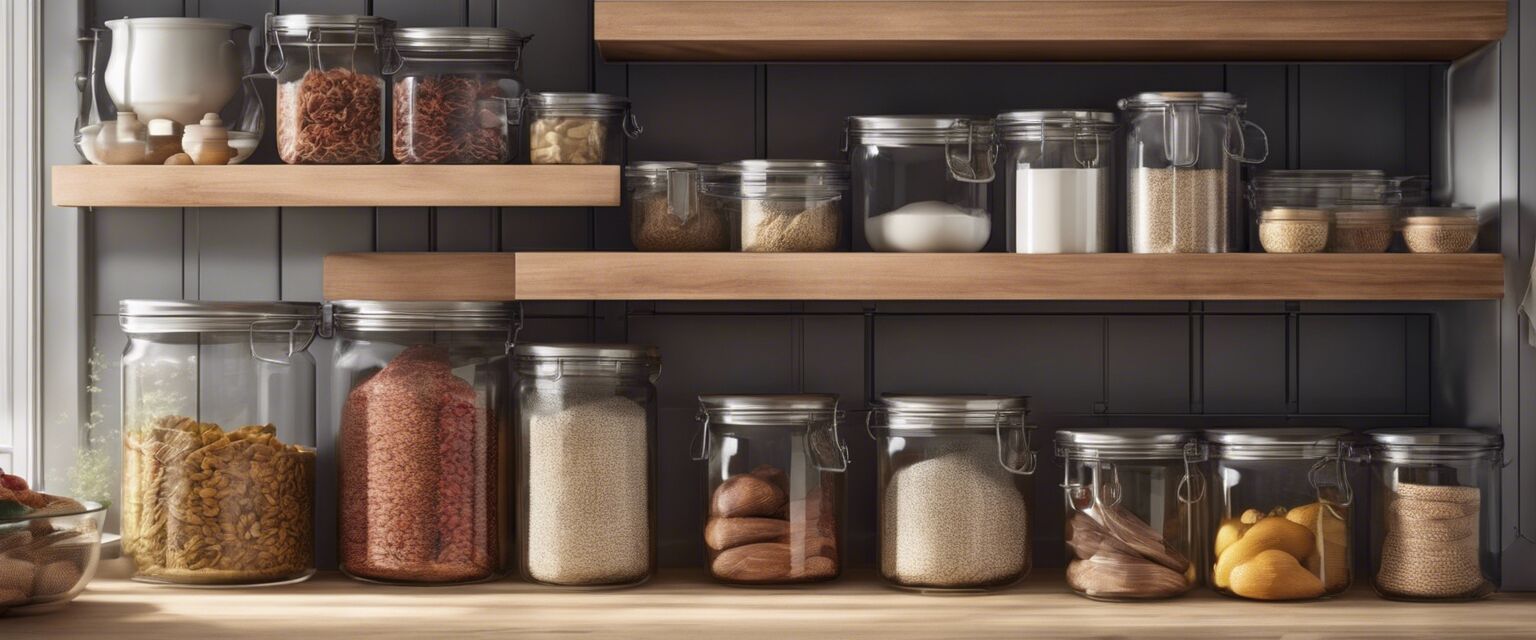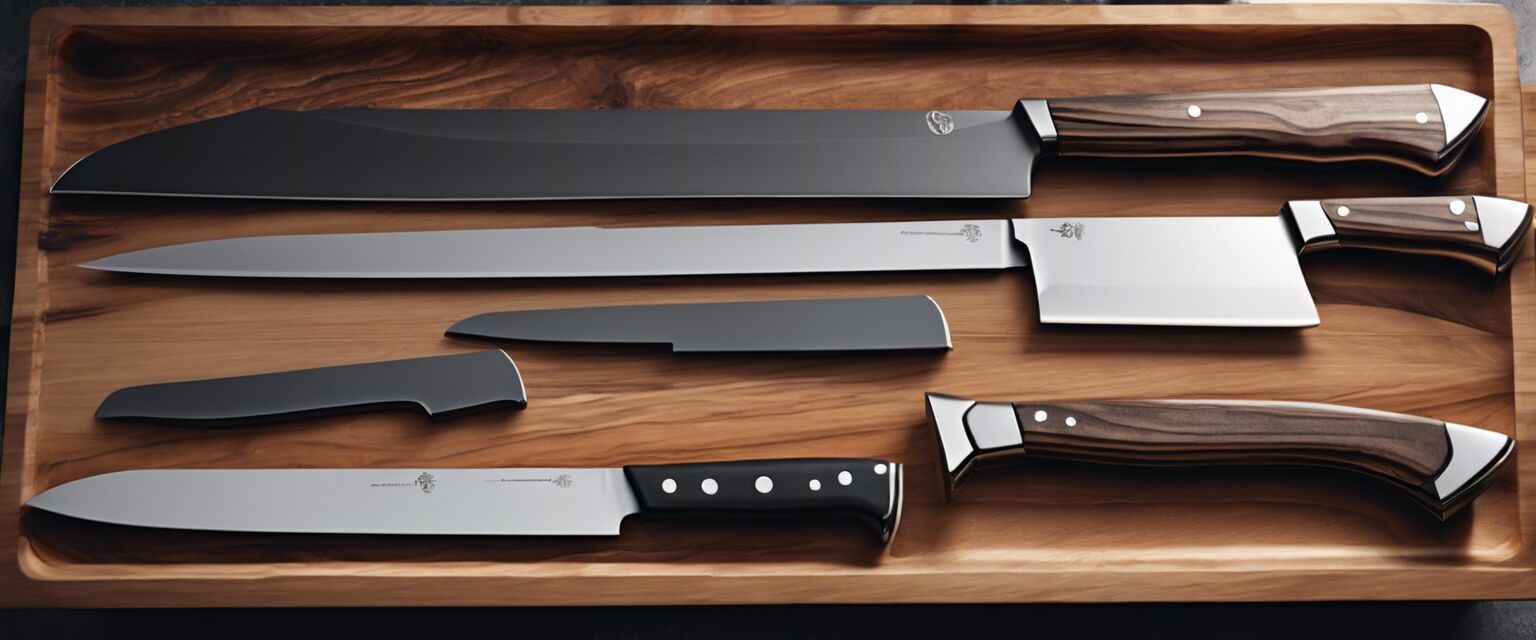
Cutlery
Key Takeaways
- Quality cutlery is essential for efficient kitchen work.
- Investing in the right kitchen knives can enhance your cooking experience.
- Different types of knives serve unique purposes.
- Proper maintenance of cutlery extends its lifespan.
When it comes to cooking, having the right tools is crucial. Cutlery, particularly kitchen knives, can make a significant difference in your food preparation process. In this guide, we will explore the best choices and reviews of kitchen knives and cutlery sets, helping you make informed decisions for your kitchen needs.
Types of Cutlery
Understanding the different types of cutlery available can help you choose the right knives for your culinary tasks. Hereâs a breakdown of the essential types:
| Type of Knife | Description |
|---|---|
| Chef's Knife | A versatile knife ideal for chopping, slicing, and dicing. |
| Paring Knife | Perfect for peeling and intricate cutting tasks. |
| Serrated Knife | Best for cutting bread and soft fruits. |
| Boning Knife | Designed for filleting fish and removing bones. |
| Utility Knife | A general-purpose knife for various kitchen tasks. |
Choosing the Right Cutlery Set
When selecting a cutlery set, consider the following factors:
- Material: Look for stainless steel for durability.
- Comfort: The handle should feel comfortable in your hand.
- Balance: A well-balanced knife enhances control.
- Price: Set a budget that works for you.
Best Practices for Maintaining Cutlery
To ensure your knives remain in top condition, follow these maintenance tips:
- Always hand wash your knives instead of using a dishwasher.
- Use a cutting board to avoid dulling the blade.
- Regularly sharpen your knives with a whetstone or knife sharpener.
- Store knives in a knife block or magnetic strip to protect the blades.
Cutlery Comparison Table
| Cutlery Set | Number of Pieces | Material | Price Range |
|---|---|---|---|
| Basic Kitchen Set | 5 | Stainless Steel | $$ |
| Professional Chef Set | 10 | High-Carbon Steel | $$$$ |
| Gourmet Cutlery Set | 8 | Forged Steel | $$$ |
Popular Cutlery Brands
Here are some renowned brands known for their quality cutlery:
- Wüsthof
- Henckels
- Victorinox
- Shun
- Global
FAQs about Cutlery
Here are some frequently asked questions regarding kitchen cutlery:
What is the best material for kitchen knives?
Stainless steel is often preferred due to its durability and resistance to rust.
How often should I sharpen my knives?
It depends on usage; however, sharpening every few months is generally recommended.
Can I put my knives in the dishwasher?
It's best to hand wash your knives to maintain their sharpness and integrity.
Pros
- Enhances cooking efficiency.
- Variety of knives for different tasks.
- Quality cutlery lasts for years.
- Improves food presentation.
Cons
- High-quality knives can be expensive.
- Requires proper care and maintenance.
- Can be dangerous if not handled correctly.
- Storage can take up space in the kitchen.
Conclusion
Investing in quality cutlery is essential for any cooking enthusiast. By understanding the different types of knives and how to maintain them, you can enhance your culinary experience. For more kitchen tools, check out our Cutlery Products page or explore our other categories like Cookware and Bakeware.
Tips for Beginners
- Start with a basic set of knives.
- Learn how to properly hold and use each knife.
- Practice knife skills to build confidence.
- Keep your knives sharp for safety and performance.
Additional Resources
For more information on kitchen products, visit our Kitchen Gadgets and Small Appliances pages.
